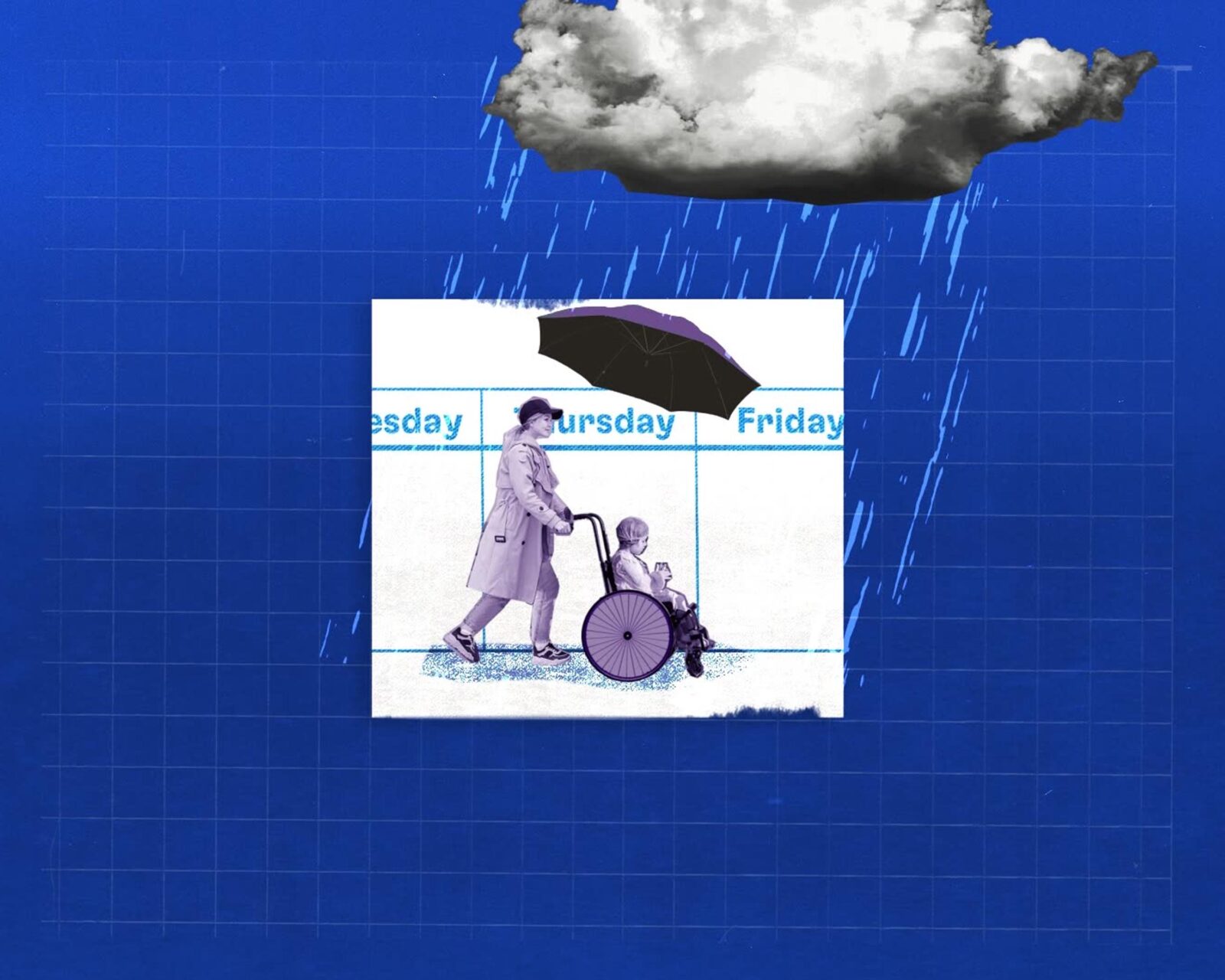Video Transcript
Edmund: One of the most interesting things about God is that He’s a communion of persons. I think we’ve heard about the Trinity so much – Father, Son, and Holy Spirit – that we forget how important and unique this is.
Emily: Greek mythology is filled with stories of so many gods, but in a lot of ways these gods reflected life through a human lens rather than through a divine one. Sometimes they got along, and sometimes they fought, bickered, and argued.
Edmund: But our God, the true God, is one God and three persons. It is also true, and a great mystery, that the life of communion and love among these three persons is so intimate that it’s unlike any other relationship we’ve ever seen.
Emily: We’re created for relationship with God because we’re created for love. And love is something that is only possible between at least two distinct persons who are in relation to each other.
Edmund: The ultimate relationship of love is that of the three persons of the Trinity with one another. Because we’re made for that relationship, we are able to experience, in a more limited way, that relationship of life and love here on earth. We’re called to be in relationship with God and with other people.
Emily: Love isn’t just a feeling. It’s also, and more fundamentally, an act of the will. To love someone is to act in loving ways towards the person we love rather than simply to feel good about him or her. And in our life in Christ we are faced every day with many decisions about how we ought to act. The life we live in Christ, and the decisions we make between good and evil, is called the moral life or morality.
Edmund: The English word “moral” comes from the latin “mores” which means “customs” or “habits”. If you’ve ever heard someone talk about the “moral” of the story, they’re referring to stories that are supposed to teach us something about how we ought to act or live.
Emily: So what’s the connection to habits? Choosing the good, or choosing evil, can become habitual. Think about drinking coffee. I used to drink coffee every single day. It became easier and easier each morning to decide to drink coffee. It became a habit. The decision to drink coffee on the last day of a six month period of daily coffee drinking was very different from that first cup the very first time I drank coffee.
Edmund: For most of us, coffee-drinking isn’t a moral or an immoral act. But other habits can become what the Catechism calls a “virtue.” The catechism reminds us “A virtue is a habitual and firm disposition to do the good.” (CCC 1803)
Emily: But a virtue isn’t just a habit we develop of choosing something good — it’s also an attitude we develop towards doing good and avoiding evil. As we perform good acts, we grow in our love and attraction towards choosing the good, and this virtue becomes stronger the more we choose good over evil.
Edmund: Now there are two distinct types of virtues: human virtues and theological virtues.
Emily: The human virtues involve our intellect and will, and they are often called the cardinal virtues. The cardinal virtues are prudence, justice, fortitude, and temperance.
Edmund: Prudence is the virtue of using our reason to distinguish between right and wrong to help us decide how best to act in a given situation. Justice is the virtue that helps us desire to give God and other people what they are owed.
Emily: Fortitude is the virtue of firmness in difficulty and a consistent pursuit of the good. And temperance is the virtue of moderation in how we use the created things of the world.
Edmund: These human virtues are rooted in the theological virtues. They’re called the theological virtues because they are gifts from God, and are directed towards God. The three theological virtues are faith, hope, and love.
Emily: By faith, we believe and trust in God and in everything He has revealed to us and in everything the Church proposes for us to believe. Hope is a trusting desire for God and for everything He has promised. And love, also called charity, is what binds all the virtues together. By charity, we love God above all things and our neighbor as ourselves.
Edmund: Imagine having a friend you care about a lot. You know he’s going on a long hike in a few months, and you’re not in good enough shape right now to keep up. You could sit around being lazy, or you could decide to work out over the next couple months so that you can join him on his hike.
Emily: And at first, exercising is difficult. But as you continue to choose to exercise, it becomes easier and easier. You might even start enjoying it.
Edmund: We’re in a loving relationship with our friend through the good choices we made and by developing these habits. Exercising allows us to go on a hike with our friend and makes him feel loved. When we grow in virtue, we’re growing in the freedom to be in relationship with God and other people. And sin damages our good habits and destroys this ability to be in relationship.
Emily: The human person is created for relationship. This is why God gave us the gift of community. Through human community like marriage, family, and society, we’re able to practice and grow in virtue.
Edmund: Through the 10 Commandments, the Beatitudes, and the life of Jesus, God has given us a clear path to follow to experience the goodness of the moral life, which is a life in Christ. God planned for us to live in relationship with Him and one another, and to grow in love by practicing the virtues.




